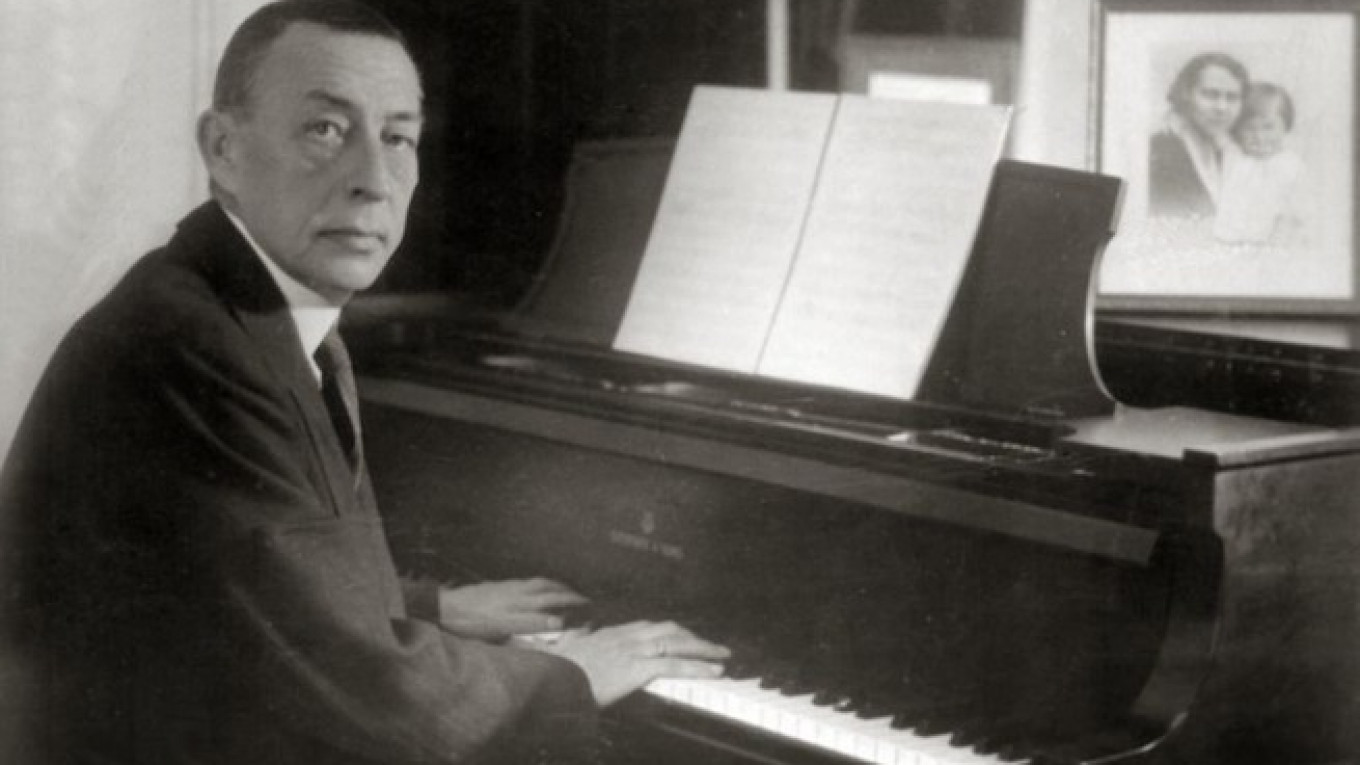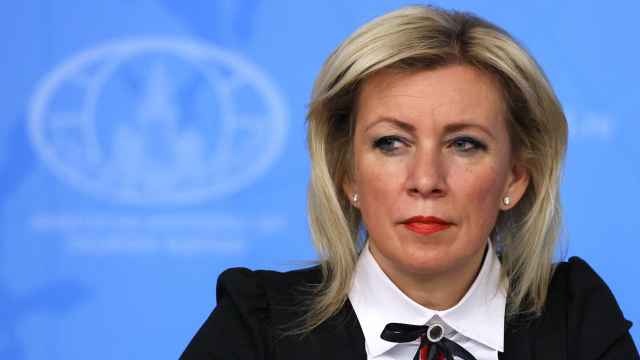This article was taken from The Moscow Times archive and was first published on Nov. 5, 2004
The autograph manuscript of Sergei Rachmaninov's Second Symphony, long thought lost, was recently discovered on the estate of a European private collector. On Dec. 7, it will go up for auction at Sotheby's in London with a presale estimate of £300,000 to £500,000 ($550,000 to $920,000).
Sotheby's has not revealed the identity of the collector, nor is it known how the manuscript came into his or her hands. What the auction house did say was that its authenticity had been confirmed by Geoffrey Norris, a Rachmaninov authority and chief music critic at The Daily Telegraph, after he was approached by the estate's executor. "The handwriting, the paper and the manner in which Rachmaninov made corrections — all are as they should be," Norris later wrote.
The discovery is of major significance, in part due to the importance of the Second Symphony in Rachmaninov's creative output. A lush, grandly proportioned work in the late Romantic tradition, the Second Symphony is perhaps the finest and undoubtedly the most frequently performed and recorded of the composer's purely orchestral works. Only the Second and Third Piano Concertos rival it in popularity.
In musical manuscript parlance, an "autograph manuscript" is a continuous copy written out by the composer in more or less final form, including orchestration. This is distinct from preliminary sketches and drafts, and from later manuscript copies made by someone else. Autographs often include corrections or revisions that shed light on how the work reached its final form.
With 320 large folio pages, this autograph is the longest of any orchestral work by Rachmaninov. Its title page, final page and first few pages are missing, suggesting that, at least at some point in its history, it may not have been appreciated for what it is.
Indeed, there is little evidence as to what happened to the autograph after the symphony's full score was engraved from it in Leipzig in 1908. Presumably it was returned to Rachmaninov, then living in Dresden, where he had begun composing the symphony the year before. Sotheby's conjectures that he may have given it away, as he did with the autograph of the Third Piano Concerto, now housed in the British Library. The Second Symphony autograph contains many revisions but no indication of the cuts that Rachmaninov later worked out and are normally observed today, an indication that, from a practical point of view, he may have regarded it as superseded by the printed score.
Most of Rachmaninov's other manuscripts have been preserved. After he left Russia in 1917, taking few manuscripts with him, the Bolsheviks requisitioned them together with the other papers he left behind. They are now housed in the Mikhail Glinka Museum. Similar documents relating to Rachmaninov's subsequent career in the West are in large part held by the Library of Congress in Washington.
An unfortunate result of selling musical manuscripts at auction is that they are often purchased by unnamed private parties who deny access to scholars and other interested persons. Perhaps, as with Viktor Vekselberg's purchase earlier this year of the Forbes family's jeweled Faberge eggs, a white knight will donate the autograph to a Russian institution and make it accessible to music lovers.
A Message from The Moscow Times:
Dear readers,
We are facing unprecedented challenges. Russia's Prosecutor General's Office has designated The Moscow Times as an "undesirable" organization, criminalizing our work and putting our staff at risk of prosecution. This follows our earlier unjust labeling as a "foreign agent."
These actions are direct attempts to silence independent journalism in Russia. The authorities claim our work "discredits the decisions of the Russian leadership." We see things differently: we strive to provide accurate, unbiased reporting on Russia.
We, the journalists of The Moscow Times, refuse to be silenced. But to continue our work, we need your help.
Your support, no matter how small, makes a world of difference. If you can, please support us monthly starting from just $2. It's quick to set up, and every contribution makes a significant impact.
By supporting The Moscow Times, you're defending open, independent journalism in the face of repression. Thank you for standing with us.
Remind me later.






